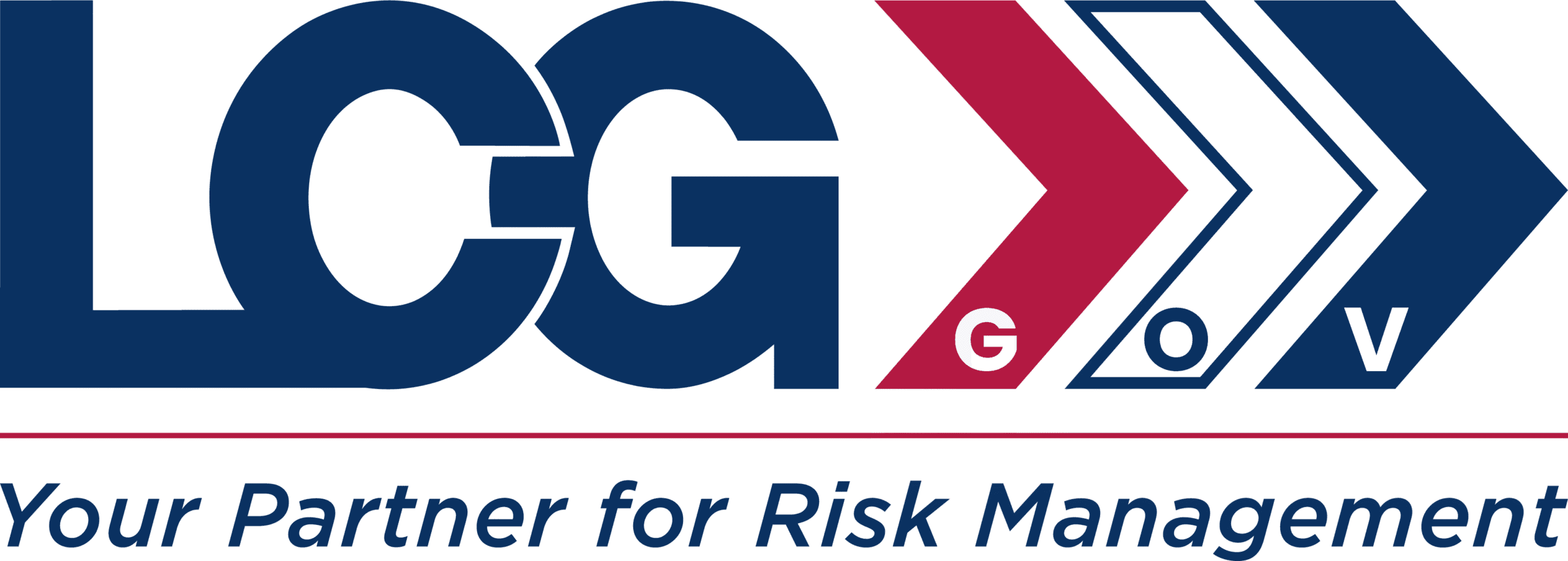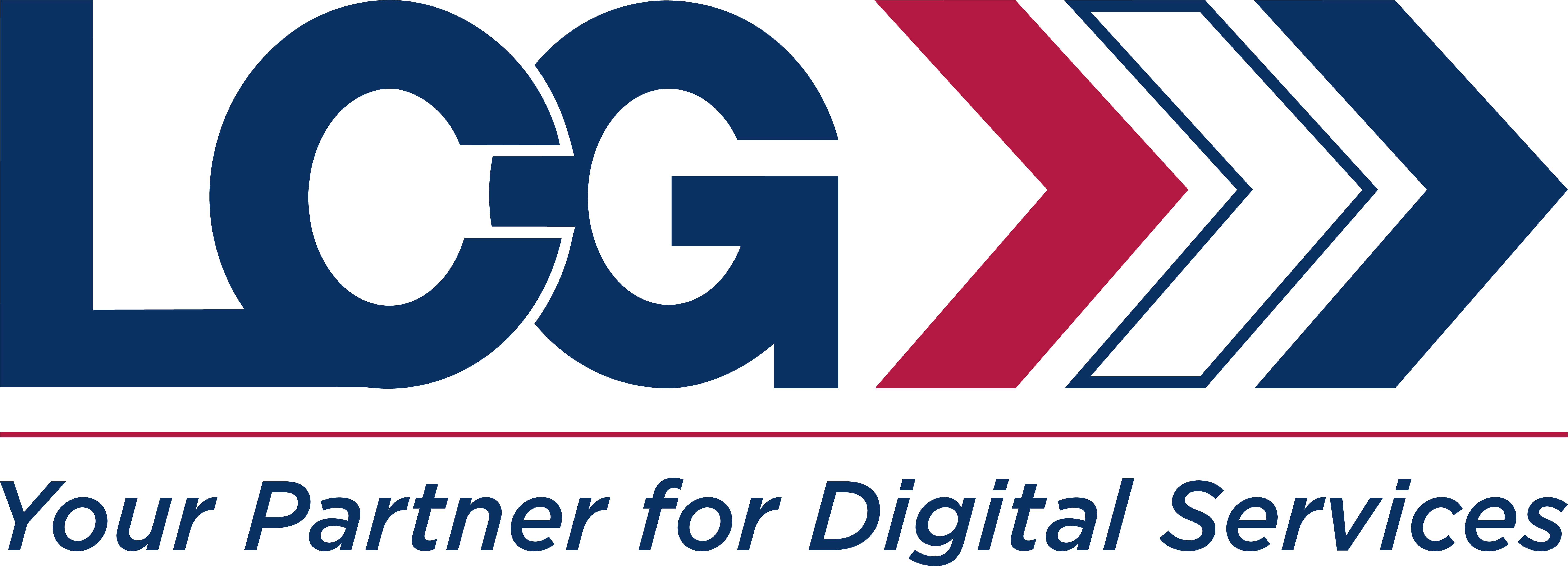San Antonio
San Antonio Digital Forensics : LCG Discovery Experts
Address:
306 Morton St. Richmond, TX 77469Latest Blog in The eDiscovery Zone
When IT Tools Meet the Courthouse: The Hidden Dangers of DIY Digital Evidence Preservation (Part 4 of 5)
Welcome back to our multi-part series, “When IT Tools Meet the Courthouse: The Hidden Dangers of DIY Digital Evidence Preservation.” This installment—Part 4—picks up the outline’s cautionary theme and amplifies it. Until now, we have focused on why self-collections pose business, legal, and ethical risks. Today, we expose the legal tripwires that determine whether electronically stored information (ESI) ever comes under the scrutiny of a courtroom projector. In today’s legal landscape, courts require proof: hash values, validated workflows, and human testimony, demonstrating that your data journey from computer, cell phone, or other data repository to the exhibit is trustworthy at every step.
When IT Tools Meet the Courthouse: The Hidden Dangers of DIY Digital Evidence Preservation (Part 3 of 5)
Why “good with computers” isn’t good enough anymore (and never really has been!)
In discovery conferences, executives still hear a familiar refrain: “Our sys-admin can just image the laptop.”. That comfort sentence quietly ignores two hard facts:
Forensic science is an evidence discipline, not an IT chore. Under the amended Federal Rule 702, the party proffering digital evidence must show, by a preponderance of the evidence, that its expert applied reliable methods to sufficient facts.
Courts will punish amateur mistakes. When a self-taught technologist handled collections in DR Distributors v. 21 Century Smoking, the judge ultimately awarded the plaintiffs US $2.5 million in fees, after a 104-page sanctions order catalogued every misstep.
The lesson is simple: talent without verifiable expertise can be more expensive than a robust credentialing program.
When IT Tools Meet the Courthouse: The Hidden Dangers of DIY Digital Evidence Preservation (Part 2 of 5)
Cloud dashboards, admin consoles, and third-party data duplication/backup tools have made copying data as easy as clicking “Export.” That same frictionless experience tempts corporate IT staff and others subject to discovery requirements to treat preservation as just another backup job. However, the courtroom is not impressed, nor does the concept of convenience sway it. Judges evaluate digital evidence under the same scientific rigor that governs DNA or ballistics, as dictated by the Daubert reliability test. When a collection utility has never been validated, does not rely upon cryptographic hashes, and keeps no immutable log, its output can be questioned in discovery, handing the opposition a golden opportunity to exclude, impeach, or raise settlement leverage.
This article, the second in our five-part series on the dangers of DIY digital evidence preservation, explains why unvalidated tools shift the admissibility battlefield before a single motion is filed. (Legal Information Institute)






